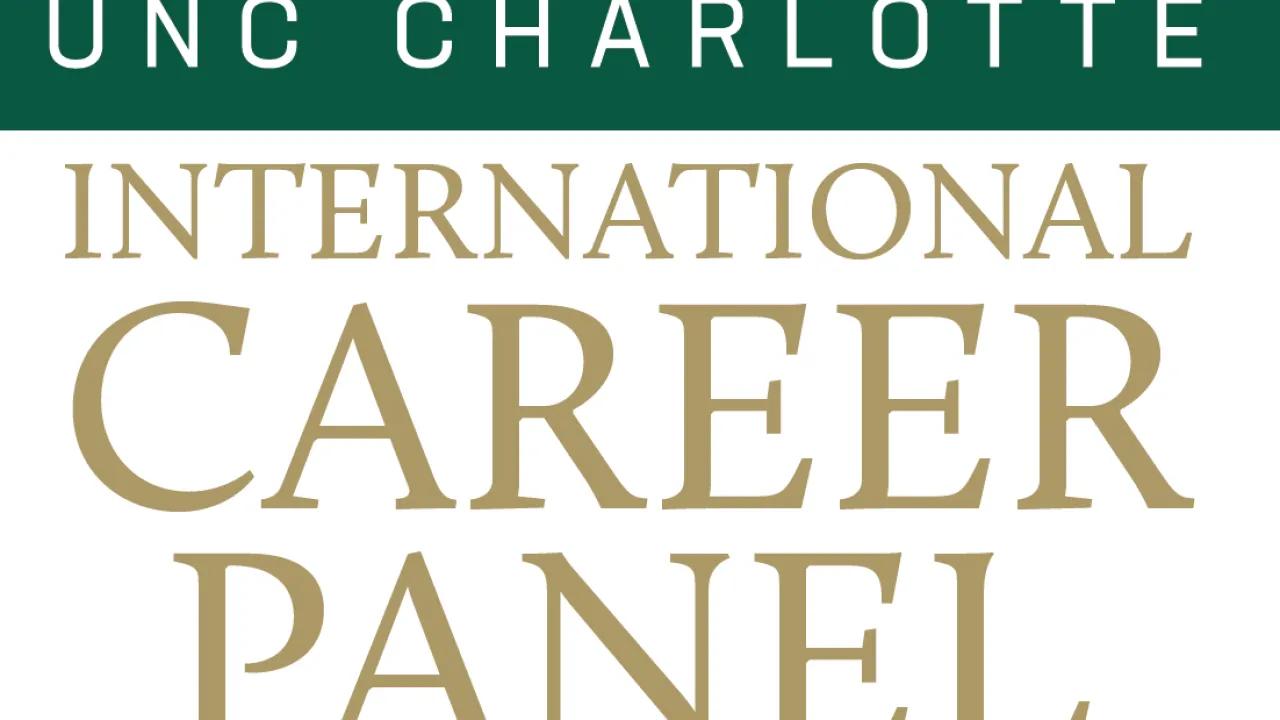Welcome to your guide for exploring international job and internship opportunities! Whether you're seeking to gain global experience, build cross-cultural skills, or expand your career network, this page will provide you with the essential resources and tips to get started. From navigating visa requirements to identifying international job boards and understanding global workplace cultures, you'll find everything you need to confidently pursue opportunities across borders and kick-start your international career journey.
Best practices to get you started
Research Visa and Work Requirements - Before applying for positions abroad, research the specific visa and work permit requirements for your target country. Many nations have strict guidelines, and understanding these early on can save time and ensure you’re eligible to work.
Leverage University Resources - Talk to your Career Coach and sttudy abroad office to learn about their programs and resources.
Target Global Job Boards - Look for job boards specifically designed for international positions, such as Going Global, LinkedIn’s International Jobs feature, or targeted sites in the regions where you want to work. These resources often feature roles that accommodate work visa holders and internships for students.
Network with International Professionals - Join online forums, LinkedIn groups, and attend international career fairs to network with professionals in your desired field. Making connections in your target country can provide insight into local job markets and potential referrals.
Tailor Your Resume and Cover Letter to International Standards - Different countries may have specific resume formats or application expectations. Research the hiring practices in your target region and tailor your resume, cover letter, and LinkedIn profile accordingly to align with local standards.
Prepare for Global Interviews - Interviews for international positions may take place via video calls or in different time zones. Make sure you’re familiar with the cultural norms of the country and the company’s interview style. Practice answering common interview questions and be prepared to discuss how your background aligns with working in a global environment.
Consider Language Proficiency - If you’re applying in a non-English-speaking country, assess the language requirements for the role. If necessary, work on improving your language skills or highlight any existing language competencies in your application materials.
Understand Compensation and Cost of Living - Research the average salaries, benefits, and cost of living in your target country. An attractive offer may look different once you account for living expenses, taxes, and other factors like healthcare.
Stay Informed on Cultural Differences - Being aware of cultural differences in the workplace is crucial. Read up on business etiquette, communication styles, and work expectations in the country where you’re applying to ensure you can thrive in a new environment.
Start Early and Stay Organized - International job searches often take longer due to the complexity of paperwork and coordination with employers abroad. Start your search early, track your applications, and be patient throughout the process.

In collaboration with the Office of International Programs and the World Affairs Council of Charlotte, this annual panel of professionals talk with students about their international careers and offer advice. Session typically begins with a short workshop to talk with students about specific resources of the university for targeting international careers.

The purpose of this study abroad program course is to support undergraduate and graduate students in their personal career development on an international scale. Program is offered in the month of May and has limited slots available.